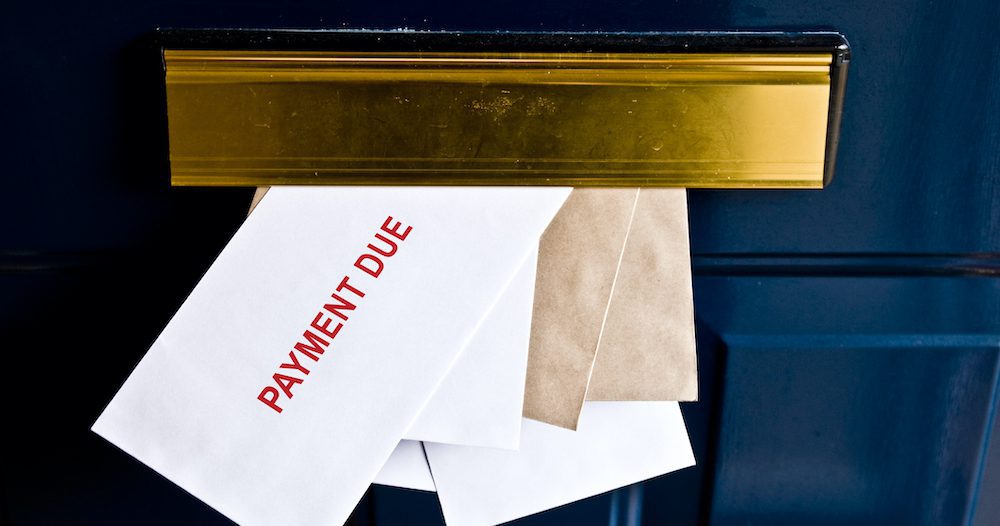How should you pay for home repairs? MABA MassachusettsRealEstate FirstTimeHomeBuyers MaBuyerAgent
When it comes to home repairs, one of the biggest challenges homeowners face is figuring out how to pay for them. A smart first step is to tap into your emergency savings. Ideally, every homeowner should have a fund set aside specifically for unexpected repairs, like a leaky roof or a broken water heater. Using cash from savings is often the best way to pay for home repairs, as it avoids the need to take on additional debt. If the repair is a one-time, moderate expense and your emergency fund can cover it, this is usually the simplest and most cost-effective option.
If your savings are insufficient, consider using a home equity line of credit (HELOC). A HELOC allows you to borrow against the equity in your home and typically offers lower interest rates than personal loans or credit cards. The flexibility of a HELOC lets you borrow only what you need and pay interest only on the amount you use. This can be particularly useful for larger repairs or renovations, such as replacing a roof or upgrading an HVAC system. However, keep in mind that this option uses your home as collateral, so you should only borrow what you can comfortably repay.
Another option for financing home repairs is to take out a personal loan. These loans can be unsecured, meaning you won’t need to use your home as collateral, and many lenders offer fixed rates and flexible repayment terms. Personal loans are ideal for medium-sized projects where using a credit card might not make sense due to high interest rates, but a HELOC isn’t necessary. The downside is that personal loan interest rates tend to be higher than those on HELOCs or mortgages, so it’s important to compare rates and terms before committing.
For smaller repairs, credit cards may be a convenient choice, especially if you’re able to pay off the balance quickly. Some credit cards offer 0% introductory APR for a limited period, making it an attractive option if you can pay off the debt before the promotional period ends. However, carrying a balance on a credit card can lead to high interest charges if not paid off in time, making it an expensive way to finance repairs in the long run. Only use a credit card if you’re confident that you can manage the repayment schedule without accruing significant interest.
Finally, government programs and grants may be available to help pay for home repairs, particularly for low-income homeowners or those with specific needs, such as making a home more energy-efficient or accessible. Programs like the FHA Title 1 Loan or the Weatherization Assistance Program can provide financial assistance for necessary repairs and improvements. Research what programs are available in your area, as these can be a valuable resource, especially for more costly or urgent repairs. With the right approach, paying for home repairs doesn’t have to be overwhelming, and you can find a solution that fits your financial situation.

FIRST TIME HOMEBUYERS
Client Testimonial:
 "No amount of reading or web surfing can equal having a competent professional advising you and looking out for your interests. I do not understand why anyone would buy a house in MA without a MABA buyer's broker."
"No amount of reading or web surfing can equal having a competent professional advising you and looking out for your interests. I do not understand why anyone would buy a house in MA without a MABA buyer's broker."
- Samantha and Brendan, Purchased a home in Marlborough, MA 2012
Get Started with MABA
For no extra cost, let a MABA buyer agent protect your interests



